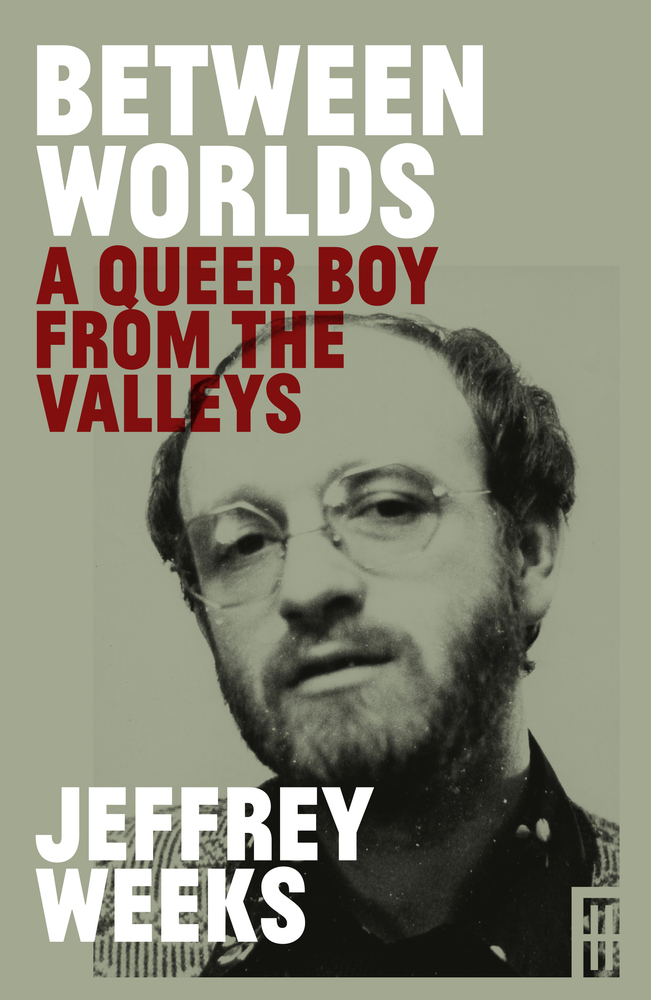What do you think?
Rate this book


300 pages, Paperback
Published July 29, 2022
Jeffrey Weeks’ ‘Between Worlds’ serves the dual role of an autobiography and a firsthand telling of the UK’s social evolution from the 1960s to the present day. Beginning from his childhood home in the Rhondda Valley in South Wales, he tells the story of the evolution of his people as he experienced it. He weaves a narrative showing how the changes in the global political landscape impacted UK policy, how that in turn had economical and social ramifications on the tight knit community of the valley, and how the impact was ultimately felt by an adolescent Jeffrey in the form of changing gender roles within his home and the altered economic habits of his family and community.
The seemingly solitary experience of a queer boy in a small mining town in Southern Wales turns into that of a young man making his way as a gay rights activist and scholar in London. From the Welsh countryside, the setting shifts to the heady rooms of the early years of the Gay Liberation Front (GLF). An experience of isolation evolves into an intense and passionate journey of communal learning and the fight for equal rights in 1960s London. Weeks weaves a narrative of the evolution and growth of his perspective on his identity as a gay man, in parallel with the growth of the movement itself. The story he tells is that of a group of young people doing whatever they could to increase visibility of the gay community in London. Slowly, they recognize their growing power as they realized that their activism was making a real impact. Importantly, Weeks describes the evolution of the movement from a unified front that fought for basic human rights to a diverse schismatic one with various sects, differing opinions and often conflicting priorities. This change reflects the diversity and nuance contained within the complex identity and experience often reduced to the single word ‘gay’.
As the movement expands, so does Weeks’ career and the reader’s perspective. We move from a house in the Rhondda valley, to the still partially hidden gay community in London, to various hubs of thought across universities in the UK, to the globally connected and diverse discourse of the LGBTQ+ movement of the present day. Weeks’ burgeoning career is paralleled by his growing understanding of his own identity. He reflects on the naivety of his beliefs. For example, as a young man he used to believe that the generations that came before him were too cautious, and experience leads him to recognize that he is able to live and view his predecessors’ acts as cautious because those same “cautious” acts were brave and audacious enough to pave the way to his current life. The book takes a macro-view to the movement, and as a result Weeks often notes occasions when his knowledge grew more nuanced without actually explaining what those nuances are.
Weeks talks of how his career as a historian and sociologist of the gay movement put him in a liminal space that often felt limited and constricting. As in many themes of his life, that specific space between worlds is what makes this telling powerful and unlike any other in skill and perspective.